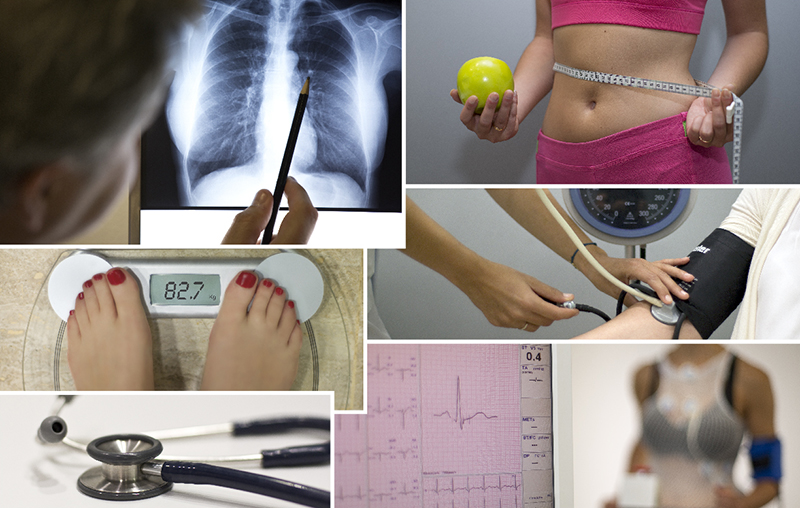
 Diagnostic Units
Diagnostic Units
Sports Cardiology
The unit consists of a team with extensive experience in sport related cardiology. After identifying a heart condition in an amateur or professional athlete, the most frequent question that we find is: can I continue practicing sport?. Our team specialized in “sports cardiology ” can answer your questions based and scientific evidence.Why a Sports Cardiology Unit?
More and more people are practicing sports. There is no doubt that moderate and regular exercise brings great benefits to health but when exercise becomes competitive and intense, it requires a prior cardiac check-up to avoid situations that could pose a risk for physical activity. There are heart-related malignant arrhythmias that can be potentially lethal against physical exertion. Our unit offers the opportunity for a cardiovascular screening to rule out these conditions and / or advise on the type and intensity of exercise recommended against each of them.
What is the sports cardiology evaluation?
It begins with a clinical history that tries to identify possible symptoms or warning signs and a previous family history of interest (eg, heart disease, sudden death …).
Next, you will have a complete physical examination with measurement of blood pressure, oxygen saturation and measurement of height and weight.
The basic cardiological tests will include:
- Electrocardiogram (ECG): it provides information about the electrical conduction of the heart. It can reveal the presence of arrhythmias or electrical conduction abnormalities that may be dangerous during physical exertion (eg. Brugada syndrome, long QT syndrome, WPW syndrome).
- Color Doppler echocardiography: it identifies potentially dangerous heart disease such as hypertrophic cardiomyopathy and Arrhythmogenic Right Ventricular Dysplasia.
- 24-hour ECG recording: the athlete is characterized by a slow heart beat (bradycardia). The 24-hour Holter provides heart rate information to rule out blockages or breaks in electrical conduction.
- Stress test analysis of gases is carried out under the supervision of a cardiologist. It allows detection of abnormalities that can suggest coronary artery disease or induce arrhythmia during exertion. It also provides information on the physical ability of the athlete and can show how to improve their physical performance by determining the anaerobic threshold.
If an abnormality is detected, further and more complex tests will be carried out, such us coronary CT Cardiac Magnetic Resonance, Cardiac Catheterization and Electrophysiology Study. Our team is in coordination with specialists who perform each of these techniques to provide the most accurate diagnosis and establish the most appropriate therapy and indications for each case.
All this is complemented by a nutritional support provided by a qualified nutritionist Sports Nutrition.
Do all heart abnormalities can prevent from practising sport?
Each case is different. Not only every abnormality has to be evaluated but also the different aspects of each sport and its intensity. Not all heart diseases exclude from practising physical activity. A good diagnosis and proper professional counselling can help you to continue and to enjoy safe physical exercise.




